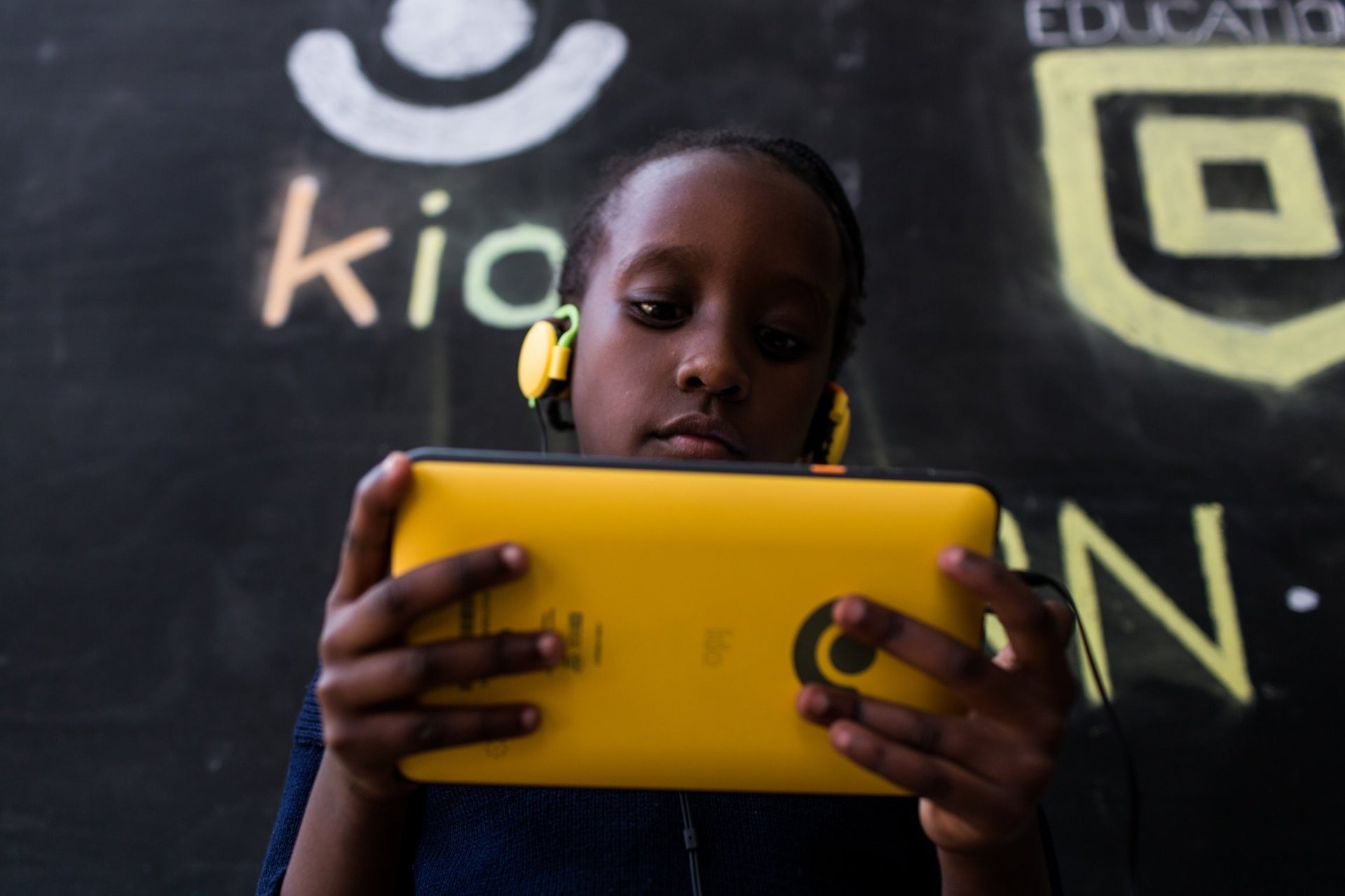What Netflix, Nike and Spotify have in common with these five African startups
Correction: A previous version of this story incorrectly stated that five African companies made the 50 Genius Companies list. Six actually did.


Correction: A previous version of this story incorrectly stated that five African companies made the 50 Genius Companies list. Six actually did.
“African solutions to African problems” is a mantra that’s been championed as startups across the continent’s growing ecosystems continue to innovate.
Many African startups have already won investor backing and a local customer base, now some of the best of them are starting to get global recognition as well. In Time magazine’s first ever list of 50 Genius Companies, five African startups are named alongside global brands like Netflix, Nike, Airbnb and Spotify.
In compiling its first Genius Companies list, Time’s editors and correspondents globally nominated businesses “inventing the future.” The nominated companies were eventually filtered based on originality, influence, success and ambition, Time says.
There’s increasingly an acknowledgment that innovation by entrepreneurs and creatives will have a huge influence over the future of how African countries develop and that African companies such as the ones on the Time list or Quartz’s annual Africa Innovators list will learn lessons and insight that will be transferable to countries beyond Africa.
Ghana’s Bitland which uses blockchain technology to help locals create records of land purchases and ownership in partnership with local authorities is one of those listed. The verified, accessible record system cannot be illegally altered once transactions are verified. Bitland’s appeal has stretched beyond Ghana and it now operates in seven African countries.
Kenya’s BRCK Inc, developers of a mobile, battery-powered WiFi modem to boost internet access and connectivity in developing countries, also gets a nod. BRCK’s product line has grown over the past five years to include portable educational kits with cached content, a larger modem that can provide 3G internet to up to 100 devices and a free public wifi system. Ona, a Kenyan software-focused social enterprise, is also featured on Time’s list. Among other data-based projects, Ona has created an open source mobile health platform that allows health workers register and monitor patient cases and offer real-time interventions.
Nigeria’s Babymigo, a startup that provides an online community of expecting mothers with pregnancy-related information and connects them with local medical services and personnel, is also listed. Given Nigeria’s high maternal mortality rates, Babymigo’s service which goes beyond global generic health tips and offers locally contextualized information is plugging a gap.
Two South African companies also made the list. AgriProtein is solving the problem of sustainable animal feed for poultry and fish farmers by harvesting insect protein through landmark fly farms. AgriProtein’s flagship fly farm which churns out 27 tons of insect protein daily is a model the company will replicate with three new farms planned in Africa, Asia and the Middle East.
In addition to the five African startups, Wonderbag, a 10-year old South African non-profit, is also listed. Its Wonderbag product is a portable, non-electric slow cooker that allows users finish preparing meals using a heavily insulated container. Beyond reducing the reliance on and effects of fossil fuels, using Wonderbag also allows its customers across 20 countries productively spend more free time away from the kitchen.
Sign up to the Quartz Africa Weekly Brief here for news and analysis on African business, tech and innovation in your inbox